Reimagining Practice: Michael McKernan’s P.I.N.K Practice and the New Architecture of Care
A Manifesto in the Making: The Origins of the P.I.N.K Practice
At a time when questions about the social responsibilities of architects loom larger than ever, Michael McKernan offers a compelling, human-centred answer. A recent postgraduate of the University of Strathclyde, Michael distinguished himself with First-Class Honours in both his BSc Architectural Studies and his M(Arch) in Advanced Architectural Design. But impressive grades are only part of his story. In his thesis project, The P.I.N.K Practice, Michael articulates a radical rethinking of architectural agency—one that places equity, care, and cultural visibility at its heart.
Developed amid the vibrant, complex social fabric of Glasgow, the project positions the architect not merely as a designer, but as an empathetic listener, collaborative advocate, and active community participant. Here, the P.I.N.K Practice operates as both a speculative model and a working manifesto, foregrounding values often relegated to the sidelines of architectural discourse.
Design as Dialogue: The Project’s Conceptual Framework
Where many thesis projects gravitate towards form-driven spectacle, Michael’s work is grounded in a philosophy both critical and aspirational. The P.I.N.K Practice proposes architecture as a dialogical process—a medium that facilitates exchange between designer and community. At its core, the project refuses traditional, top-down models of architectural delivery. Instead, it explores how participatory frameworks can create interventions that are not only usable, but also meaningful, empowering, and resilient.
With modular community hubs and adaptable pop-up practice spaces, the project breaks free from static, monolithic forms of practice. These interventions are conceived as catalysts for grass-roots empowerment and long-term community stewardship. Each is shaped not by a singular vision, but by many voices—testament to a methodology that values intersectionality, inclusivity, and lived experience over aesthetic dogma.
Activism Through Architecture: Spaces for Equity and Care
One of the unique features of the P.I.N.K Practice is its explicit merging of design and activism. In Michael’s vision, architecture is not neutral ground; it is an active participant in the fight for social justice. This manifests in a portfolio of interventions designed to promote cultural visibility and equity: from reconfigurable community meeting points that answer real neighbourhood needs, to pop-up consultancy spaces that actively reach out to marginalized groups.
Through these tools and tactics, the architect shifts from a distant specialist to a trusted advocate, embedded in the very fabric of local life. The proposal’s adaptability allows it to travel—a vital characteristic in the dynamic urban environment of Glasgow, where cultures, aspirations, and challenges are in perpetual flux.
Beyond the Blueprint: Rethinking the Architect’s Role
Central to Michael’s thesis is a provocative reimagining of an architect’s identity. The P.I.N.K Practice contends that architectural impact should be measured not only by the object, but by the process and people involved. Who participates in the design? Whose stories are made visible? Who is empowered to take ownership of change?
In this light, architecture is redefined as an act of co-creation and stewardship—an ongoing story rather than a completed product. Process-driven, the Practice treats each project as an evolving collaboration, defying the notion that architectural value lies solely in permanence or prestige.
Recognition, Resonance, and Aspiration
Though still at the early stages of his career, Michael McKernan’s conceptual framework is already attracting interest. His commitment to intersectional design thinking and participatory methodologies has resonated with peers and tutors alike at Strathclyde, where the project has been lauded for its clarity of vision and social ambition. In a field where disciplinary boundaries are increasingly blurred, Michael’s work stands as a clarion call for architects to look beyond aesthetics and embrace activism, empathy, and engagement.
A Call to Collaborate: Connecting with Michael McKernan
With his postgraduate studies now complete, Michael is actively developing his portfolio and searching for a Part 1 Architectural Assistant position with a socially engaged, design-led practice. He invites collaborations with those who share his convictions: that architecture should be a tool for positive social change, that it flourishes through inclusive and collaborative processes, and that its greatest successes are measured in improved lives and strengthened communities.
For practitioners and organisations interested in partnering or learning more about the evolving P.I.N.K Practice, Michael can be reached directly via email at michaelmckernan@live.com. His professional portfolio is available online at michaelmckernan8fa9.myportfolio.com, offering a deeper dive into his projects, design philosophy, and on-the-ground impact. He is also active on LinkedIn: linkedin.com/in/michael-mckernan-ba7204169.
In a landscape hungry for meaningful transformation, Michael McKernan’s P.I.N.K Practice points towards an architecture that listens, collaborates, and advocates—an architecture that dares not only to imagine better worlds, but to build them side by side with those who call them home.

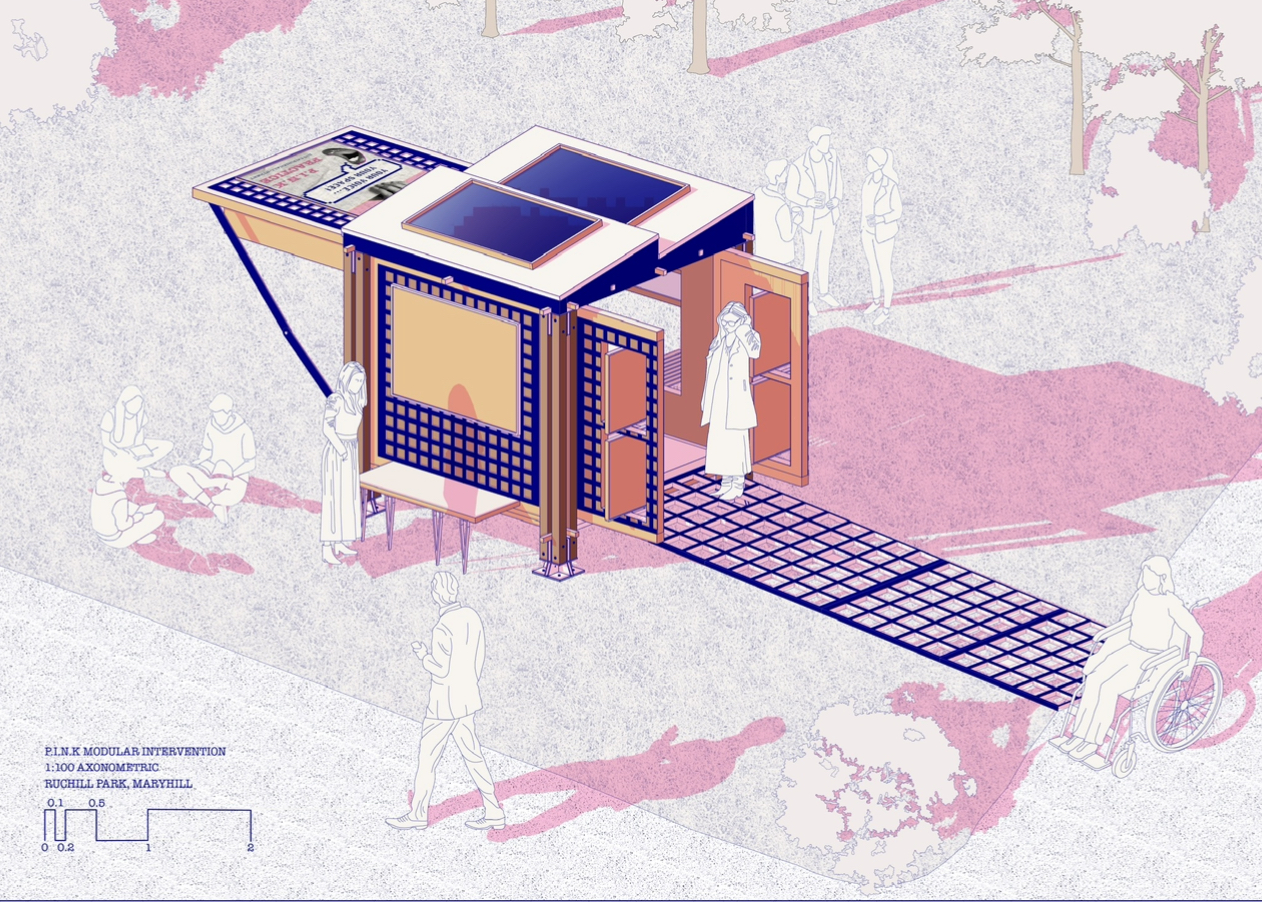

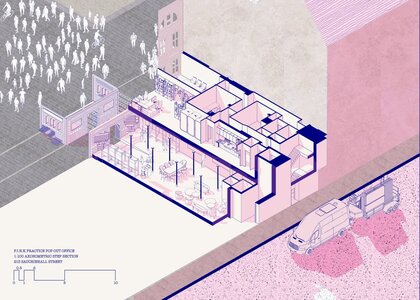
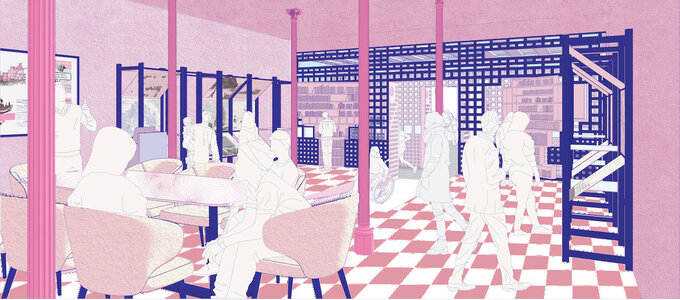
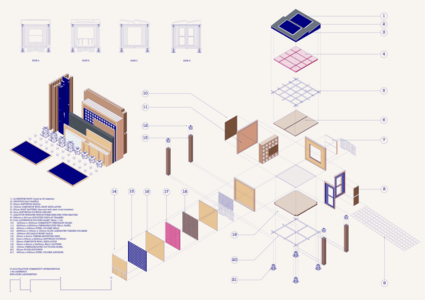
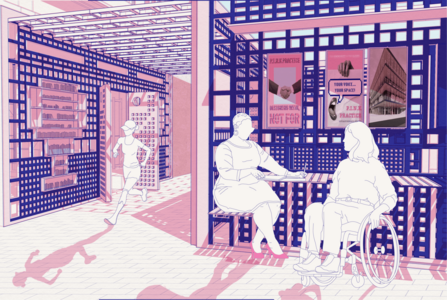




Add a comment